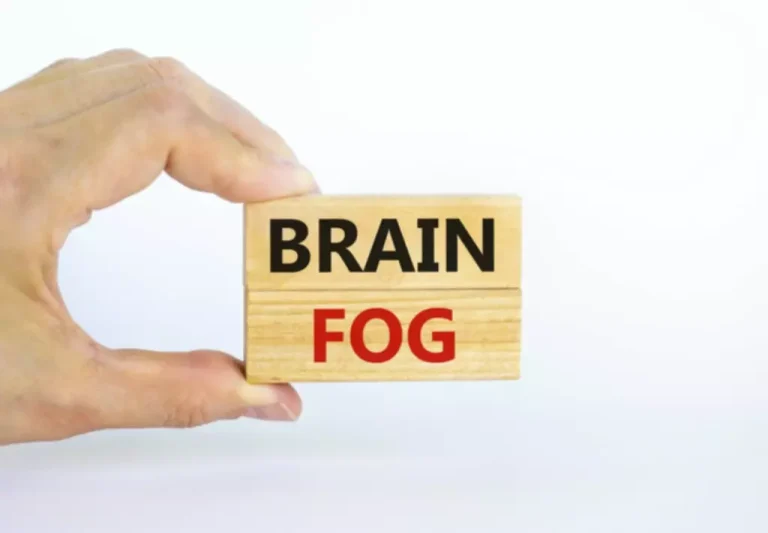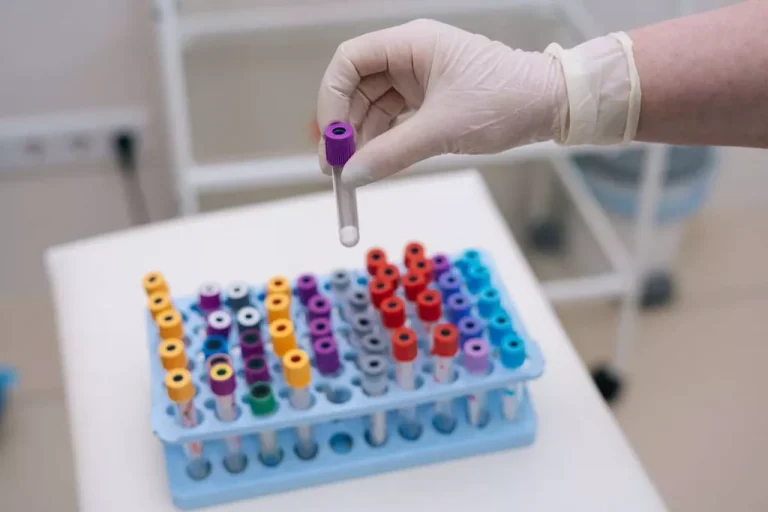
Of the 17 studies reviewed by Yeomans, ten showed increased food intake following alcohol consumption [5]. One explanation is that there is a learned association between alcohol and eating; however, several experimenters disguised the presence of alcohol in their does alcohol make u gain weight protocols and still found increased energy intake [5]. It is unclear whether alcohol promotes food intake in the absence of hunger; however, it has been noted that alcohol may amplify individuals’ perception of appetite in response to food stimuli [5].
It makes it difficult to choose healthy options

If you’re one of the heavy drinkers or cannot control how many alcoholic beverages you consume, you’re better off not drinking at all. This is because you’ll add weight from heavy drinking and a lot of other serious health problems like high blood pressure and heart disease. Well, the good news is you can still lose bodyweight from consuming alcoholic drinks if you’re doing it right. However, there is a thin line that is easy to cross if you aren’t keeping your drinking and choices under control. Looking at data from the end of the first year, researchers found no association between weight and drinking—even among those in the intensive intervention group who reported heavy drinking. But zooming out to year four, there was a small association between weight gain and any drinking in this group.
Some people choose alcohol for calories instead of food.
- The other group served as a control, and members were invited to three sessions each year focused on diet, physical activity, or social support.
- There are almost 155 calories in one 12-ounce can of beer, and 125 calories in a 5-ounce glass of red wine.
- Some evidence suggests that eliminating alcohol among people who drink heavily helps control weight.
- Red wine is generally a wise choice if you’re trying to lose weight.
- Instead, you can use water and a slice of lemon or orange as your chaser to help flush out the aftertaste of alcoholic beverages.
- Studies have also found that your self-control is lower after a poor night’s sleep (7).
And this will have a more significant impact on you gaining weight from alcohol rather than just the calories the alcohol contains. The survey also highlighted that the day after passing their tipping point, 50% of people cancel planned physical activity, often replaced with sedentary activities such as watching TV or staying in bed. These numbers are significant; alcohol is a very high-calorie product and provides 7 calories per gram.
Health & Fitness
By comparison, a recommended afternoon snack should have between 150 and 200 calories. A night out with several drinks can lead to consuming a few hundred extra calories. Most heavy drinkers will develop a hefty beer gut or wine tummy.
The Myth of the Beer Belly
Over the course of the study 41 percent of the women became overweight or obese, but the nondrinkers were the ones who ended up gaining more weight. Meanwhile, the risk of becoming overweight was 30 percent lower for women who limited themselves to one or two alcoholic beverages a day. Red wine is generally a wise choice if you’re trying to lose weight. Many like having a glass or two of red wine at night to wind down, and you can still drop pounds as long as you’re eating the right foods at the correct times. Many people think that drinking makes them gain pounds, but that’s not always the case.
Increases Abdominal Fat
- This leads to a vicious cycle of weight gain and increased belly fat.
- BetterHelp offers affordable mental health care via phone, video, or live-chat.
- More human research is needed to understand how alcohol affects hunger.
- It’s not just you; many people experience temporary weight gain after consuming alcohol.
- Given that both excessive alcohol intake and obesity are of public health concern, a better understanding of the association between alcohol consumption and excess body weight is warranted.
- However, the most significant cause of weight gain in the stomach due to alcohol consumption is the empty calories your body has to burn off and then consume bad foods.
Overall, obesity is a multi-factorial condition and it is difficult to truly assess the independent influence of alcohol intake on obesity risk. The slow development of obesity and multi-faceted nature of this condition really complicates the possibility to show a cause-and-effect association between alcohol consumption and weight gain. Thus, we need to rely on short-term intervention studies and epidemiologic studies, each of which has clear limitations in showing an effect of alcohol intake on the vulnerability to gain weight. However, the preponderance of the evidence taken as a whole suggests that alcohol may be a risk factor for obesity in some individuals, especially when consumed in large quantities.

Best Alcohol to Drink on a Diet
- A lack of sleep, or poor quality of sleep, increases your appetite and cravings for junk food rich in refined carbohydrates and decreases your energy expenditure on the following day.
- Alcohol may have various effects on your health that link to weight gain.
- Anyone looking to drop those final stubborn pounds may want to consider skipping their evening glass of wine.
- A summary of the studies examined in this article, organized by the trend between alcohol and weight gain/obesity can be found in Table 1.
- Furthermore, factors that may explain the conflicting findings in this research area are discussed.
- This is important for potential weight gain because it dictates how your body reacts to alcohol.
Your body’s job is to try and survive, so if it senses you’re losing valuable water, it’ll try to hold onto water reserves in return. In addition, your body may not be able to absorb nutrients properly. Hunger and satiety hormones can also become thrown off, causing you to eat more. So just one shot of vodka will keep you from burning fat for over an hour.

